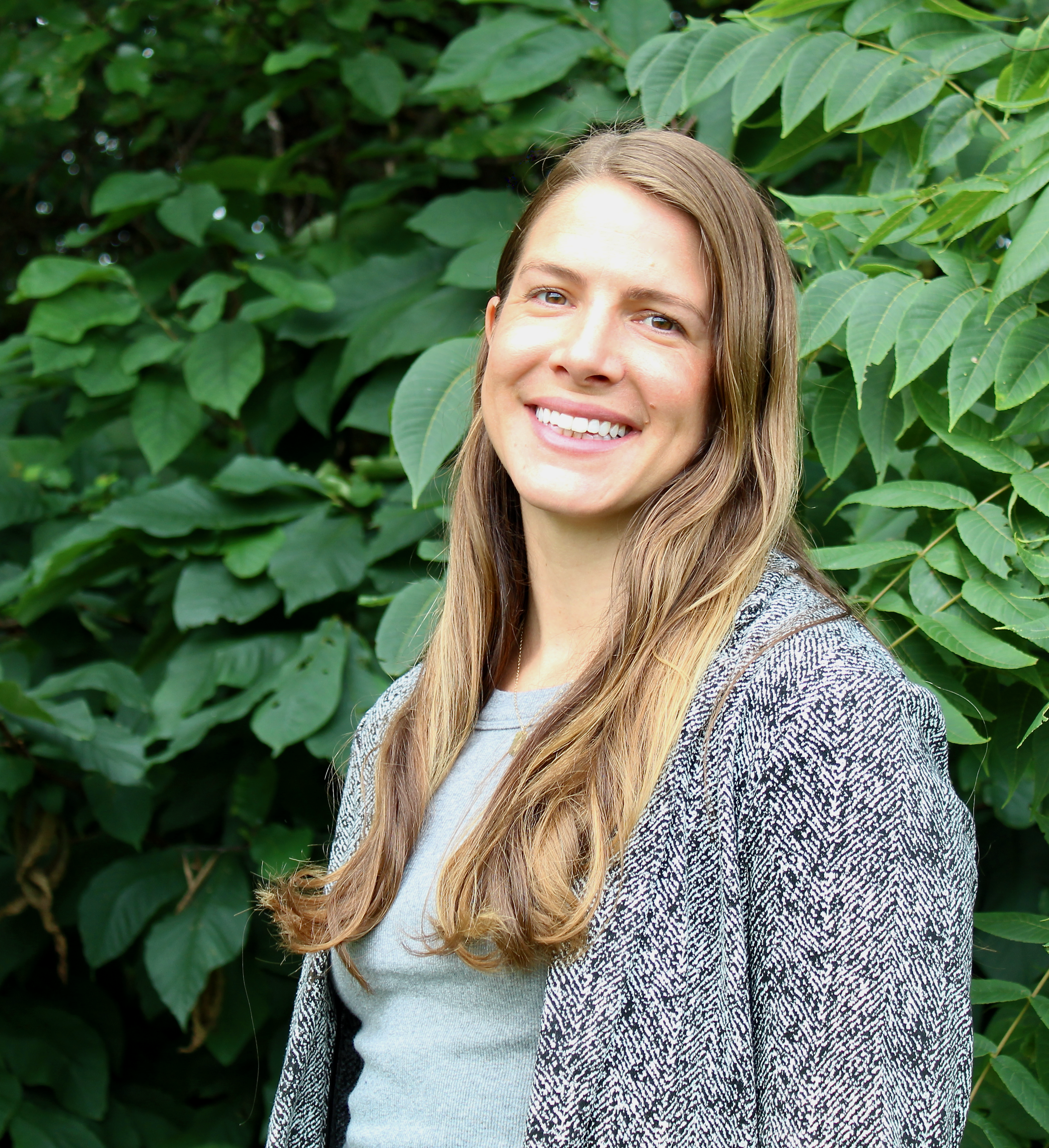My Journey Back to Writing
by Maggie Oster
As soon as I learned how to write, I started writing stories. While I was still a kid, I set a goal to publish a book by the arbitrary age of twenty-five. Back then I thought this was young enough to be impressive but old enough to be realistic. However, at some point between setting the goal and turning twenty-five, I lost the will (or the discipline or the inspiration) to write. There are so many things I could blame: pragmatism, imposter syndrome, being overwhelmed by adult responsibilities. It’s complicated, but I essentially gave up on this dream for a while.
I can’t remember exactly what got me to start thinking about writing again. There were stories still swirling inside me, and I started to feel them coming closer to the surface. It also had something to do with turning thirty. I felt simultaneously old and young—old enough to feel a sense of urgency to revive this latent dream and young enough to believe I still had time to do so. I started by picking up books on writing, carving out more time for reading for pleasure, and keeping thin journals stashed in several places to write down story ideas when they struck. Eventually, I decided to go back to school, and I’m currently finishing up a graduate degree in writing.
Since deciding to start writing again, I’ve tried many exercises designed to bolster creativity and help writing flow more easily. I’ve tried maintaining a consistent “artist date” from Julia Cameron’s The Artist’s Way. I’ve tried a structured journal entry consisting of what I see, do, and overhear each day from Linda Barry’s Syllabus. I’ve tried keeping a collection of brief, matter-of-fact (yet somehow poetic) daily observations like Checkhov’s father used to do, a suggestion from my creative nonfiction professor. I took away the same basic lesson from each of these exercises: To be a writer is to be intentional about exploring and noticing the world around me.
Graduate school has helped me—and surprised me—enormously. First, it has given me access to the feedback, camaraderie, and inspiration that comes from being around other writers. I was afraid that everyone in a graduate writing program would be pretentious and worsen my imposter syndrome, but instead I’ve met many amazing and supportive people. Second, it has forced me to try ideas that might have otherwise stayed in my journal indefinitely. I often second-guess my ideas, and facing deadlines has forced me to try some of them without overthinking. It turns out I can’t always tell the full potential of a story until I start writing it. Third, it has pushed me to experiment in fiction, creative nonfiction, and poetry and to play with various forms and constraints. Ultimately, it has increased my confidence just as I hoped it would. And I was pleasantly surprised to learn that I am not the oldest person in the program.
Every so often I feel a twinge of regret about the decade or so I lost, but there are things I’m thankful for, too. The maturity, perspective, and life experience I’ve gained in that time certainly contribute to my writing in countless ways. I now believe that it’s never too late to start (or restart) writing or to pursue publication. The truth is, when I was younger, I let other people make me feel like I was somehow already behind, but there’s no one-size-fits-all timeline for being a writer, nor is there one way to be a writer. The goal of publication aside, I can’t believe I went so long without doing something I love. Now, at thirty-two, I’m content with where I am as a writer. I realize that for any good writer, the process is never-ending, so I will continue to cherish every part.

Maggie Oster is a student in the Master's in Professional Writing program at Towson University and an intern at The Baltimore Review.
